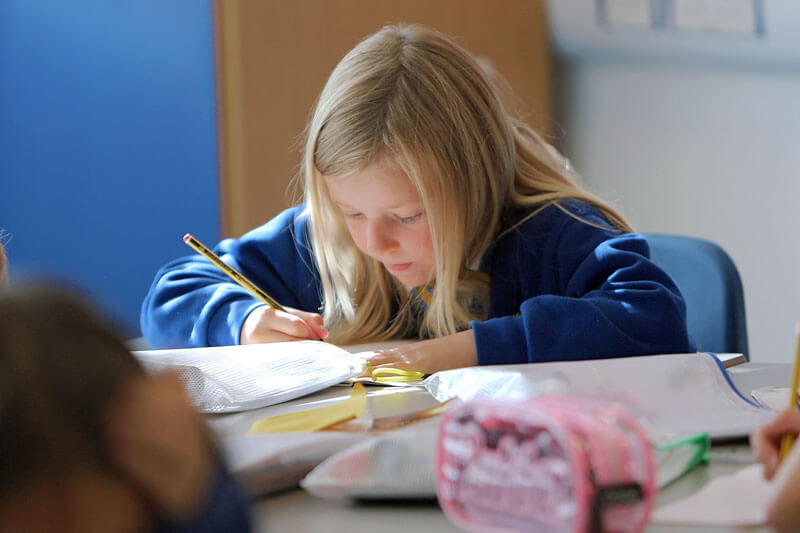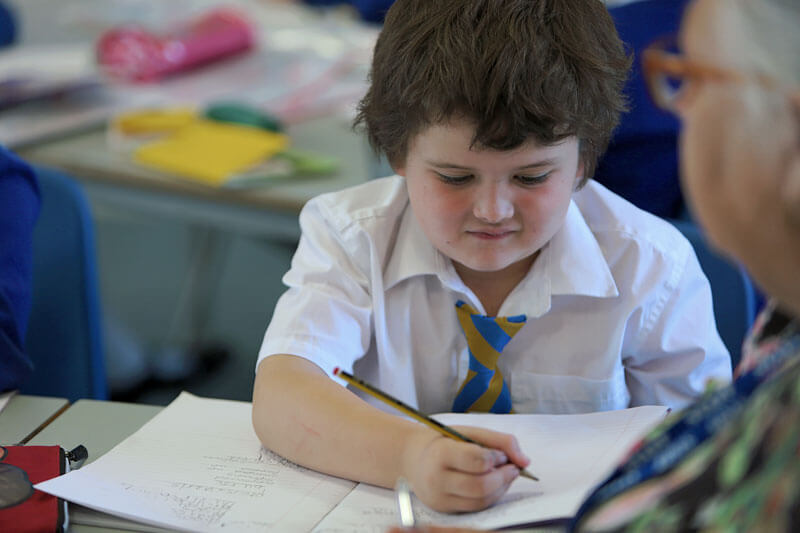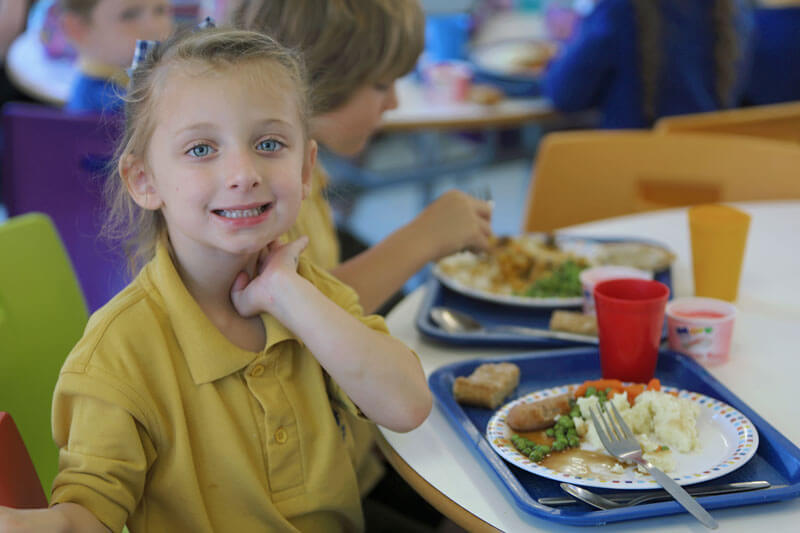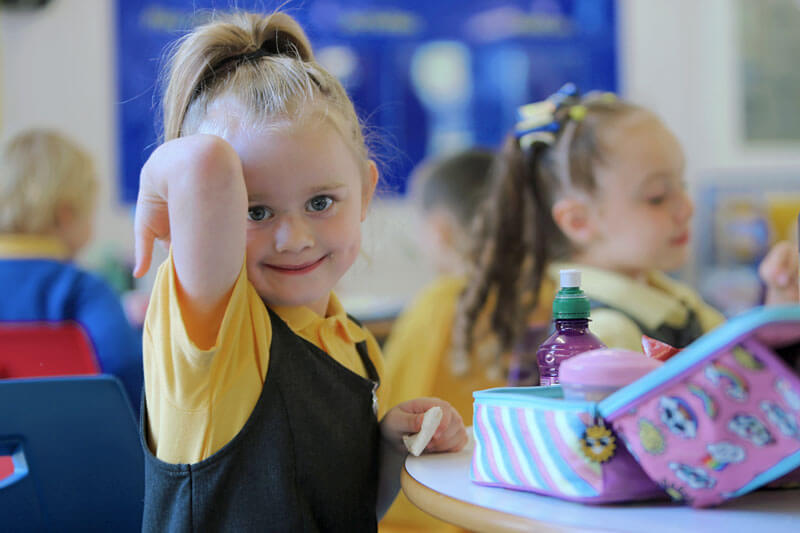Well Being




Well being at Pot kiln
Well-being is central to our visions and values
Well-being is central to our vision and values at Pot Kiln, both for our pupils and their families, and to our staff and governors and their families too.
Mental Health and Wellbeing
At Pot Kiln Primary School, we aim to promote positive mental health and wellbeing for our whole school community (children, staff, parents and carers), and recognise how important mental health and emotional wellbeing is to our lives in just the same way as physical health. We recognise that children’s mental health is a crucial factor in their overall wellbeing and can affect their learning and achievement. All children go through ups and downs during their school career and some face significant life events.
We have a Senior Mental Health Lead in school which is Mrs Jestico, our Headteacher. She is assisted in developing our provision for the mental health of our pupils by Mr Ambrose, Mr Pemberton, and Mrs Stearne, our Thrive Practitioner.
We also employ OM Health & Well-being Consultancy to support parents in need of help with any issues which their children are facing which may be beyond the scope of our school to support, but who can signpost families for support to appropriate agencies. Annie and Sue are brilliant practitioners who also support staff during these specialist days at Pot Kiln when required.
The Department for Education (DfE) recognises that: “in order to help their children succeed; schools have a role to play in supporting them to be resilient and mentally healthy”. Schools can be a place for children and young people to experience a nurturing and supportive environment that has the potential to develop self-esteem and give positive experiences for overcoming adversity and building resilience. For some, school will be a place of respite from difficult home lives and offer positive role models and relationships, which are critical in promoting children’s wellbeing and can help create a sense of belonging and community.
Our role in school is to ensure that children are able to manage times of change and stress, and that they are supported to reach their potential or access help when they need it. We also have a role to ensure that children learn about what they can do to maintain positive mental health, what affects their mental health, how they can help reduce the stigma surrounding mental health issues, and where they can go if they need help and support.
Our aim is to help develop the protective factors which build resilience to mental health problems and to be a school where:
- All children are valued.
- Children have a sense of belonging and feel safe.
- Children feel able to talk openly with trusted adults about their problems without feeling any stigma.
- Positive mental health is promoted and valued.
- Bullying is not tolerated.
Just as people’s bodies can become unwell, people’s minds can become unwell too. Mental health problems are more common than you think – three children in every classroom have a mental health problem (Young Minds).
Mental health difficulties can be extremely hard to talk about but there is a lot of support available. Below are some links to key organisations offering professional and confidential help:
A leading mental health charity with information about where to access support, legal advice and confidential help lines.
An NHS website with suggestions about living well and links to national support organisations for adults and young people.
A website for young people and also their careers. This website includes advice on how to look after yourself as well as lots of helpful and friendly information.
If you are worried about you or your child’s mental health you can talk about this with your GP or in confidence to a member of school staff. We can make a referral to CAHMS (Children and Adults Mental Health Services).
Alternatively you can contact the Community CAHMS Consultation Service who offer a consultation service to parents, carers and professionals. They give you the opportunity to discuss your concerns about a young person’s emotional well-being before a referral is made. Experience shows that an early consultation can often address concerns and save the need for a referral. If they are not the right service for you, they can signpost you to an alternative one.
Mental Health advice can be found at:
Mental health needs : Mentally Healthy Schools
https://www.youngminds.org.uk/
Children’s mental health – Every Mind Matters – NHS (www.nhs.uk)
Useful links and supporting organisations:
- Anti-Bullying Alliance: www.anti-bullyingalliance.org.uk
- Childline – www.childline.org.uk
- Family Lives –www.familylives.org.uk
- KidScape – www.kidscape.org.uk
- MindEd – www.minded.org.uk
- NSPCC – www.nspcc.org.uk
- The BIG award – www.bullyinginterventiongroup.co.uk/index.php
- PSHE association – www.pshe-association.org.uk
- Restorative Justice Council – www.restorativejustice.org.uk
- The Diana Award – www.diana-award.org.uk
- Victim Support – www.victimsupport.org.uk
- Young Minds – www.youngminds.org.uk
- Young Carers – www.youngcarers.net
- The Restorative Justice Council – www.restorativejustice.org.uk/restorative-practiceschools
SEND
- Changing Faces – www.changingfaces.org.uk
- Mencap – www.mencap.org.uk
- Anti-Bullying Alliance Cyberbullying and children and young people with SEN and disabilities: www.cafamily.org.uk/media/750755/cyberbullying_and_send_-_module_final.pdf
- SEND Code of Practice – www.gov.uk/government/publications/send-code-ofpractice-0-to-25
Cyberbullying
- Childnet International – www.childnet.com
- Digizen – www.digizen.org
- Internet Watch Foundation – www.iwf.org.uk
- ThinkUKnow – www.thinkuknow.co.uk
- Safer Internet Centre – www.saferinternet.org.uk
- The UK Council for Child Internet Safety – www.gov.uk/government/groups/uk-council-forchild-internet-safety-ukccis
Race, religion and nationality
- Anne Frank Trust – www.annefrank.org.uk
- Kick it Out – www.kickitout.org
- Report it – www.report-it.org.uk
- Stop Hate – www.stophateuk.org
- Tell Mama – www.tellmamauk.org
- Educate Against Hate – www.educateagainsthate.com/
- Show Racism the Red Card – www.srtrc.org/educational
LGBTQ+
- Barnados LGBT Hub – www.barnardos.org.uk/what_we_do/our_work/lgbtq.htm
- Metro Charity – www.metrocentreonline.org
- EACH – www.eachaction.org.uk
- Proud Trust – www.theproudtrust.org
- Schools Out – www.schools-out.org.uk
- Stonewall – www.stonewall.org.uk
Sexual harrassment and sexual bullying
- Ending Violence against Women and Girls (EVAWAG) – www.endviolenceagainstwomen.org.uk
- A Guide for Schools: www.endviolenceagainstwomen.org.uk/data/files/resources/71/EVAWCoalition-SchoolsGuide.pd
- Disrespect No Body – www.gov.uk/government/publications/disrespect-nobodycampaign-posters
- Anti-bullying Alliance: advice for school staff and professionals about developing effective anti-bullying practice in relation to sexual bullying: www.antibullyingalliance.org.uk/tools-information/all-aboutbullying/sexual-and-gender-related
Note: Additional links can be found in ‘Preventing and Tackling Bullying’ (July 2017) www.gov.uk/government/publications/preventing-and-tackling-bullying
Well being at Pot kiln
Well-being is central to our visions and values
Well-being is central to our vision and values at Pot Kiln, both for our pupils and their families, and to our staff and governors and their families too.
Mental Health and Wellbeing
At Pot Kiln Primary School, we aim to promote positive mental health and wellbeing for our whole school community (children, staff, parents and carers), and recognise how important mental health and emotional wellbeing is to our lives in just the same way as physical health. We recognise that children’s mental health is a crucial factor in their overall wellbeing and can affect their learning and achievement. All children go through ups and downs during their school career and some face significant life events.
We have a Senior Mental Health Lead in school which is Mrs Jestico, our Headteacher. She is assisted in developing our provision for the mental health of our pupils by Mr Ambrose, Mr Pemberton, and Mrs Stearne, our Thrive Practitioner.
We also employ OM Health & Well-being Consultancy to support parents in need of help with any issues which their children are facing which may be beyond the scope of our school to support, but who can signpost families for support to appropriate agencies. Annie and Sue are brilliant practitioners who also support staff during these specialist days at Pot Kiln when required.
The Department for Education (DfE) recognises that: “in order to help their children succeed; schools have a role to play in supporting them to be resilient and mentally healthy”. Schools can be a place for children and young people to experience a nurturing and supportive environment that has the potential to develop self-esteem and give positive experiences for overcoming adversity and building resilience. For some, school will be a place of respite from difficult home lives and offer positive role models and relationships, which are critical in promoting children’s wellbeing and can help create a sense of belonging and community.
Our role in school is to ensure that children are able to manage times of change and stress, and that they are supported to reach their potential or access help when they need it. We also have a role to ensure that children learn about what they can do to maintain positive mental health, what affects their mental health, how they can help reduce the stigma surrounding mental health issues, and where they can go if they need help and support.
Our aim is to help develop the protective factors which build resilience to mental health problems and to be a school where:
- All children are valued.
- Children have a sense of belonging and feel safe.
- Children feel able to talk openly with trusted adults about their problems without feeling any stigma.
- Positive mental health is promoted and valued.
- Bullying is not tolerated.
Just as people’s bodies can become unwell, people’s minds can become unwell too. Mental health problems are more common than you think – three children in every classroom have a mental health problem (Young Minds).
Mental health difficulties can be extremely hard to talk about but there is a lot of support available. Below are some links to key organisations offering professional and confidential help:
A leading mental health charity with information about where to access support, legal advice and confidential help lines.
An NHS website with suggestions about living well and links to national support organisations for adults and young people.
A website for young people and also their careers. This website includes advice on how to look after yourself as well as lots of helpful and friendly information.
If you are worried about you or your child’s mental health you can talk about this with your GP or in confidence to a member of school staff. We can make a referral to CAHMS (Children and Adults Mental Health Services).
Alternatively you can contact the Community CAHMS Consultation Service who offer a consultation service to parents, carers and professionals. They give you the opportunity to discuss your concerns about a young person’s emotional well-being before a referral is made. Experience shows that an early consultation can often address concerns and save the need for a referral. If they are not the right service for you, they can signpost you to an alternative one.
Mental Health advice can be found at:
Mental health needs : Mentally Healthy Schools
https://www.youngminds.org.uk/
Children’s mental health – Every Mind Matters – NHS (www.nhs.uk)
Useful links and supporting organisations:
- Anti-Bullying Alliance: www.anti-bullyingalliance.org.uk
- Childline – www.childline.org.uk
- Family Lives –www.familylives.org.uk
- KidScape – www.kidscape.org.uk
- MindEd – www.minded.org.uk
- NSPCC – www.nspcc.org.uk
- The BIG award – www.bullyinginterventiongroup.co.uk/index.php
- PSHE association – www.pshe-association.org.uk
- Restorative Justice Council – www.restorativejustice.org.uk
- The Diana Award – www.diana-award.org.uk
- Victim Support – www.victimsupport.org.uk
- Young Minds – www.youngminds.org.uk
- Young Carers – www.youngcarers.net
- The Restorative Justice Council – www.restorativejustice.org.uk/restorative-practiceschools
SEND
- Changing Faces – www.changingfaces.org.uk
- Mencap – www.mencap.org.uk
- Anti-Bullying Alliance Cyberbullying and children and young people with SEN and disabilities: www.cafamily.org.uk/media/750755/cyberbullying_and_send_-_module_final.pdf
- SEND Code of Practice – www.gov.uk/government/publications/send-code-ofpractice-0-to-25
Cyberbullying
- Childnet International – www.childnet.com
- Digizen – www.digizen.org
- Internet Watch Foundation – www.iwf.org.uk
- ThinkUKnow – www.thinkuknow.co.uk
- Safer Internet Centre – www.saferinternet.org.uk
- The UK Council for Child Internet Safety – www.gov.uk/government/groups/uk-council-forchild-internet-safety-ukccis
Race, religion and nationality
- Anne Frank Trust – www.annefrank.org.uk
- Kick it Out – www.kickitout.org
- Report it – www.report-it.org.uk
- Stop Hate – www.stophateuk.org
- Tell Mama – www.tellmamauk.org
- Educate Against Hate – www.educateagainsthate.com/
- Show Racism the Red Card – www.srtrc.org/educational
LGBTQ+
- Barnados LGBT Hub – www.barnardos.org.uk/what_we_do/our_work/lgbtq.htm
- Metro Charity – www.metrocentreonline.org
- EACH – www.eachaction.org.uk
- Proud Trust – www.theproudtrust.org
- Schools Out – www.schools-out.org.uk
- Stonewall – www.stonewall.org.uk
Sexual harrassment and sexual bullying
- Ending Violence against Women and Girls (EVAWAG) – www.endviolenceagainstwomen.org.uk
- A Guide for Schools: www.endviolenceagainstwomen.org.uk/data/files/resources/71/EVAWCoalition-SchoolsGuide.pd
- Disrespect No Body – www.gov.uk/government/publications/disrespect-nobodycampaign-posters
- Anti-bullying Alliance: advice for school staff and professionals about developing effective anti-bullying practice in relation to sexual bullying: www.antibullyingalliance.org.uk/tools-information/all-aboutbullying/sexual-and-gender-related
Note: Additional links can be found in ‘Preventing and Tackling Bullying’ (July 2017) www.gov.uk/government/publications/preventing-and-tackling-bullying
